#homesteading
Text
Homemaking, gardening, and self-sufficiency resources that won't radicalize you into a hate group

It seems like self-sufficiency and homemaking skills are blowing up right now. With the COVID-19 pandemic and the current economic crisis, a lot of folks, especially young people, are looking to develop skills that will help them be a little bit less dependent on our consumerist economy. And I think that's generally a good thing. I think more of us should know how to cook a meal from scratch, grow our own vegetables, and mend our own clothes. Those are good skills to have.
Unfortunately, these "self-sufficiency" skills are often used as a recruiting tactic by white supremacists, TERFs, and other hate groups. They become a way to reconnect to or relive the "good old days," a romanticized (false) past before modern society and civil rights. And for a lot of people, these skills are inseparably connected to their politics and may even be used as a tool to indoctrinate new people.
In the spirit of building safe communities, here's a complete list of the safe resources I've found for learning homemaking, gardening, and related skills. Safe for me means queer- and trans-friendly, inclusive of different races and cultures, does not contain Christian preaching, and does not contain white supremacist or TERF dog whistles.
Homemaking/Housekeeping/Caring for your home:
Making It by Kelly Coyne and Erik Knutzen [book] (The big crunchy household DIY book; includes every level of self-sufficiency from making your own toothpaste and laundry soap to setting up raised beds to butchering a chicken. Authors are explicitly left-leaning.)
Safe and Sound: A Renter-Friendly Guide to Home Repair by Mercury Stardust [book] (A guide to simple home repair tasks, written with rentals in mind; very compassionate and accessible language.)
How To Keep House While Drowning by KC Davis [book] (The book about cleaning and housework for people who get overwhelmed by cleaning and housework, based on the premise that messiness is not a moral failing; disability and neurodivergence friendly; genuinely changed how I approach cleaning tasks.)
Gardening
Rebel Gardening by Alessandro Vitale [book] (Really great introduction to urban gardening; explicitly discusses renter-friendly garden designs in small spaces; lots of DIY solutions using recycled materials; note that the author lives in England, so check if plants are invasive in your area before putting them in the ground.)
Country/Rural Living:
Woodsqueer by Gretchen Legler [book] (Memoir of a lesbian who lives and works on a rural farm in Maine with her wife; does a good job of showing what it's like to be queer in a rural space; CW for mentions of domestic violence, infidelity/cheating, and internalized homophobia)
"Debunking the Off-Grid Fantasy" by Maggie Mae Fish [video essay] (Deconstructs the off-grid lifestyle and the myth of self-reliance)
Sewing/Mending:
Annika Victoria [YouTube channel] (No longer active, but their videos are still a great resource for anyone learning to sew; check out the beginner project playlist to start. This is where I learned a lot of what I know about sewing.)
Make, Sew, and Mend by Bernadette Banner [book] (A very thorough written introduction to hand-sewing, written by a clothing historian; lots of fun garment history facts; explicitly inclusive of BIPOC, queer, and trans sewists.)
Sustainability/Land Stewardship
Braiding Sweetgrass by Robin Wall Kimmerer [book] (Most of you have probably already read this one or had it recommended to you, but it really is that good; excellent example of how traditional animist beliefs -- in this case, indigenous American beliefs -- can exist in healthy symbiosis with science; more philosophy than how-to, but a great foundational resource.)
Wild Witchcraft by Rebecca Beyer [book] (This one is for my fellow witches; one of my favorite witchcraft books, and an excellent example of a place-based practice deeply rooted in the land.)
Avoiding the "Crunchy to Alt Right Pipeline"
Note: the "crunchy to alt-right pipeline" is a term used to describe how white supremacists and other far right groups use "crunchy" spaces (i.e., spaces dedicated to farming, homemaking, alternative medicine, simple living/slow living, etc.) to recruit and indoctrinate people into their movements. Knowing how this recruitment works can help you recognize it when you do encounter it and avoid being influenced by it.
"The Crunchy-to-Alt-Right Pipeline" by Kathleen Belew [magazine article] (Good, short introduction to this issue and its history.)
Sisters in Hate by Seyward Darby (I feel like I need to give a content warning: this book contains explicit descriptions of racism, white supremacy, and Neo Nazis, and it's a very difficult read, but it really is a great, in-depth breakdown of the role women play in the alt-right; also explicitly addresses the crunchy to alt-right pipeline.)
These are just the resources I've personally found helpful, so if anyone else has any they want to add, please, please do!
#homemaking#homemaking resources#gardening#urban gardening#self sufficiency#self sufficient living#sustainability#sustainable living#homesteading#nontrad homemaker#nontrad housewife#urban homesteading#solarpunk#cottagecore#kitchen witch#kitchen witchcraft#crunchy to alt right pipeline#book rec#book recommendations#resource#long post#mine#racism tw#racism mention#transphobia tw#transphobia mention
1K notes
·
View notes
Text

2K notes
·
View notes
Text
Who wants to be girl best friends and all live on a big plot of land together and raise chickens and bake bread and garden together
2K notes
·
View notes
Photo
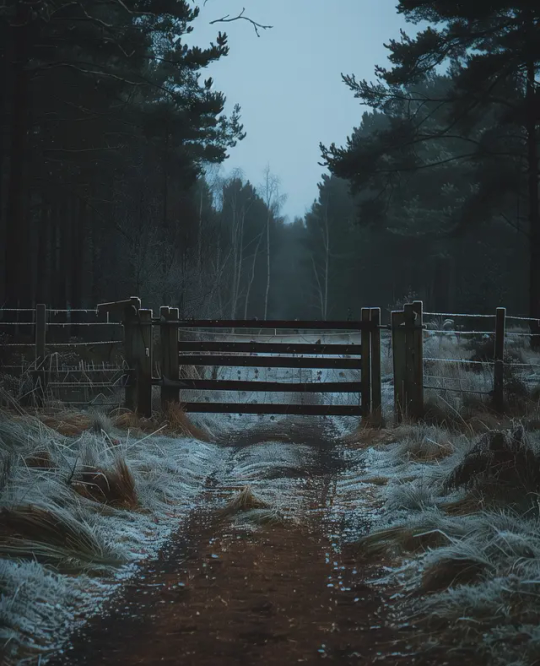
Credit: Backroad-life
#rustic#rural aesthetic#rural#ruralcore#ranch#ranchlife#ranching#farm#farmcore#farmlife#homesteading#midwest#western#cattle gate#winter#snowy#frosty#farming#countryside#countrylife#outdoors#adventure#hiking#nature#forest#woodlands
532 notes
·
View notes
Text
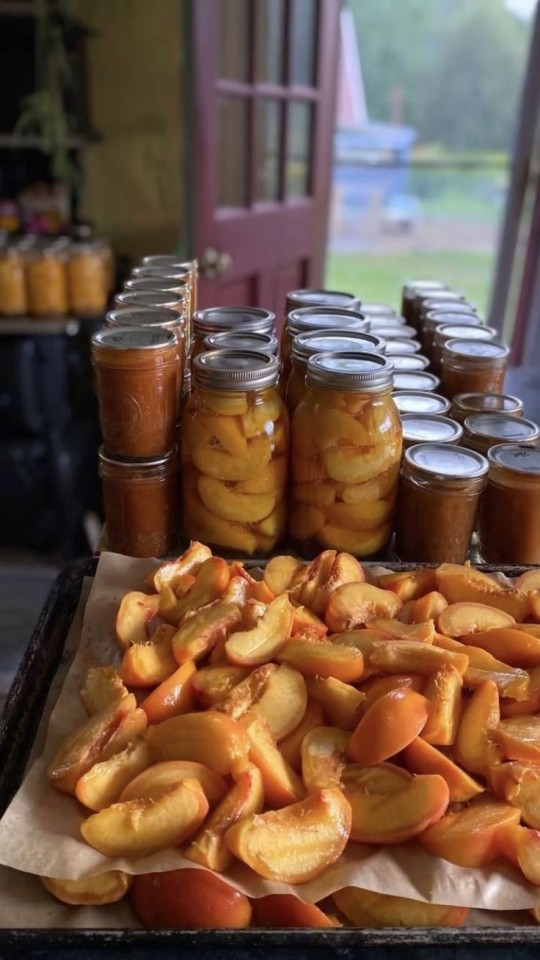
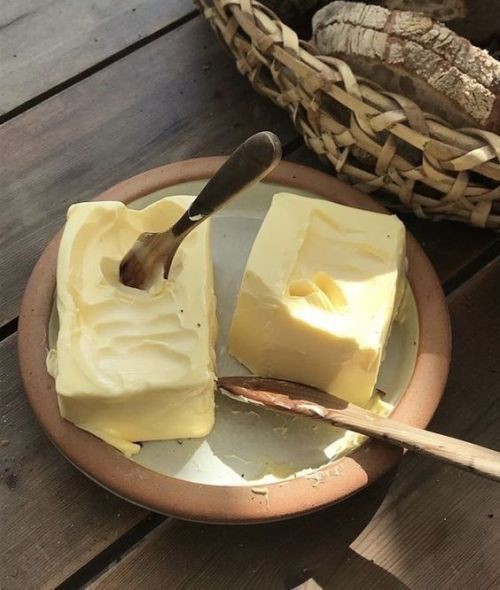

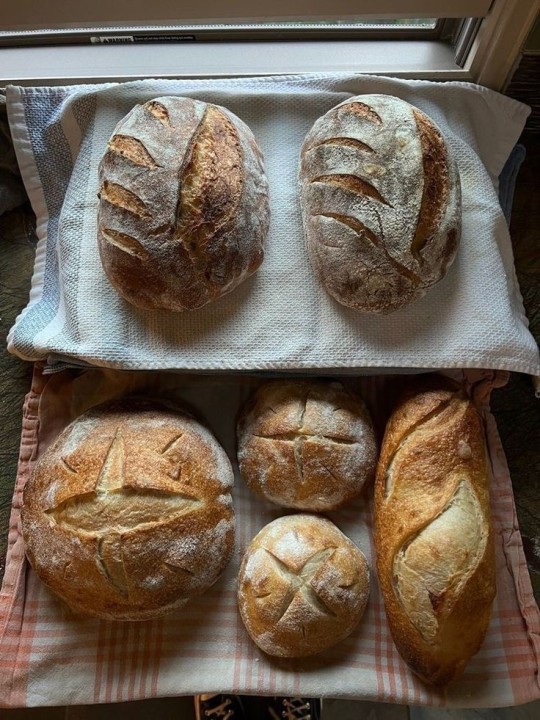
✨
#farmcore#farm aesthetic#homesteading#homesteading aesthetic#eggs#chicken eggs#preserving#self sustainability#cottagecore#comfortcore
458 notes
·
View notes
Text
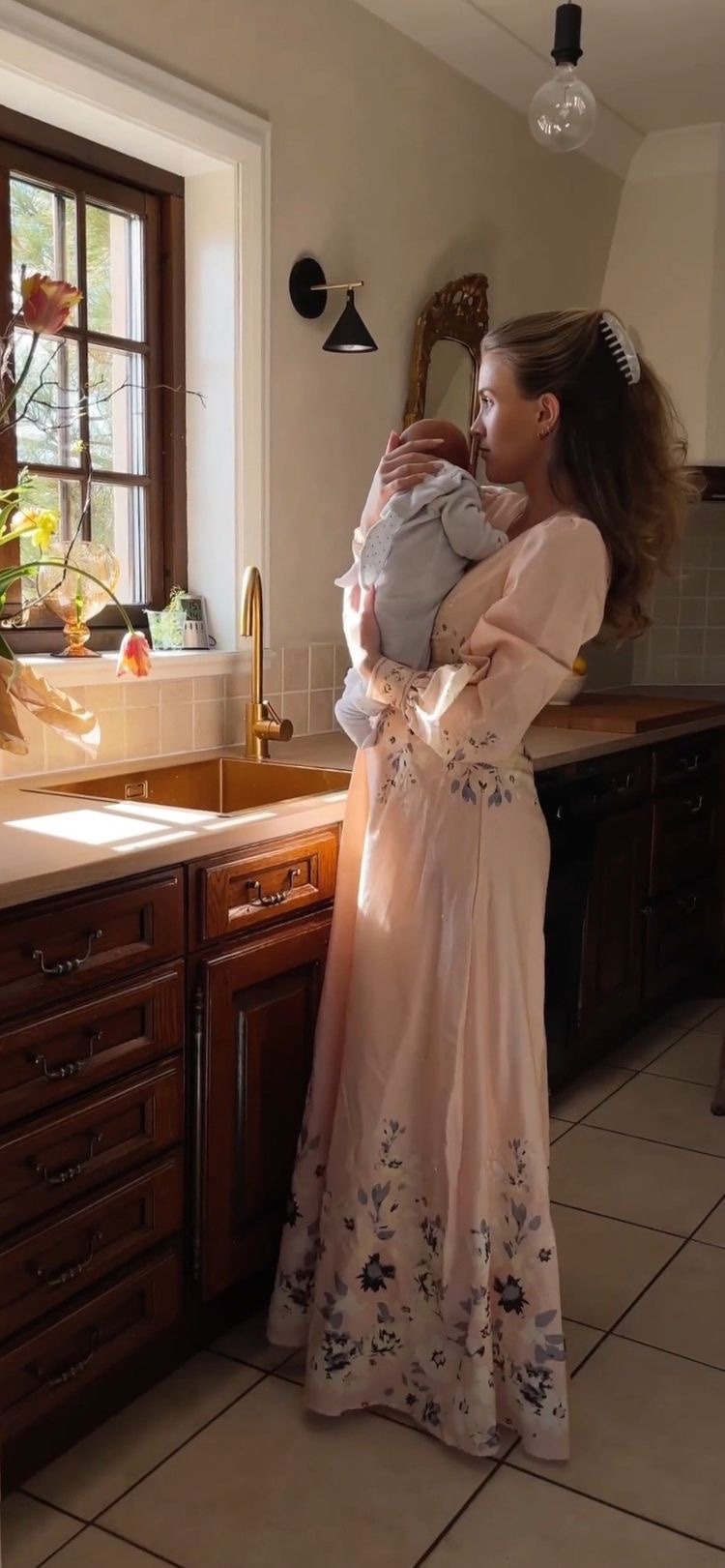
pinterest
#christian living#tradblr#traditional living#traditional wife#tradwife#christian girl#traditional femininity#traditional gender roles#homesteading#cottagecore
1K notes
·
View notes
Photo
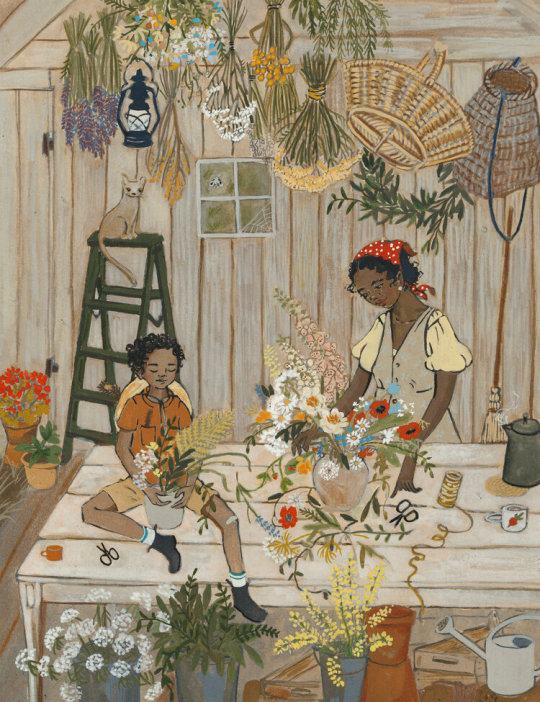
Mother and Son Florists by Loré Pemberton
1K notes
·
View notes
Photo
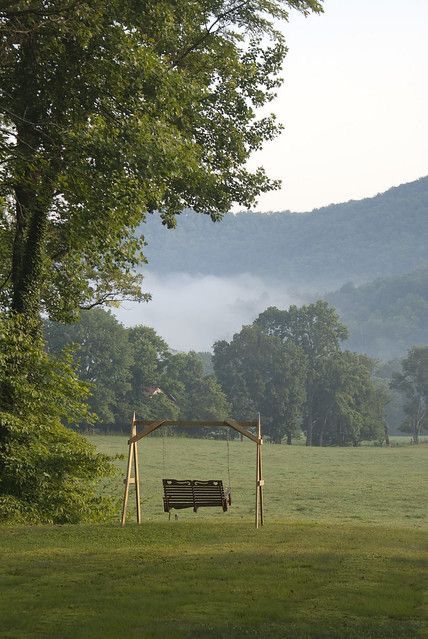

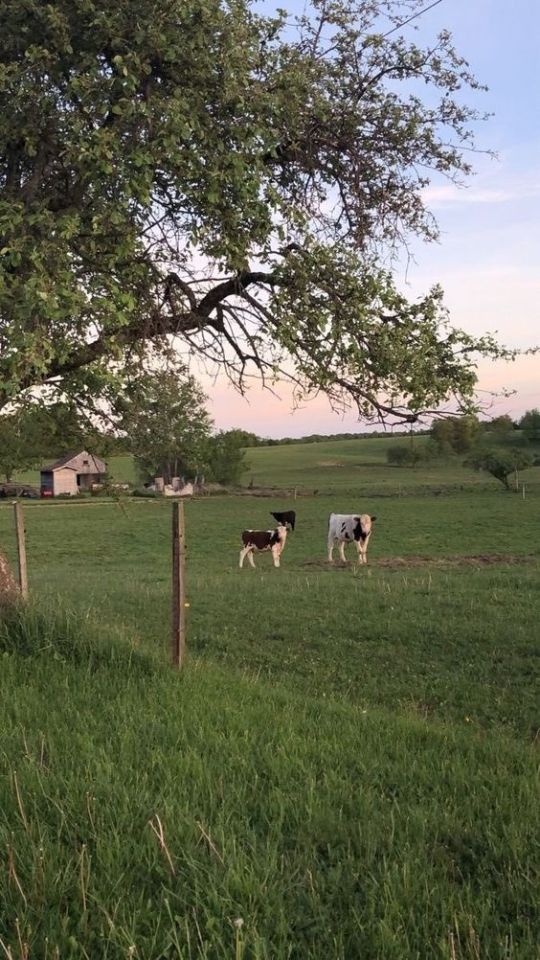
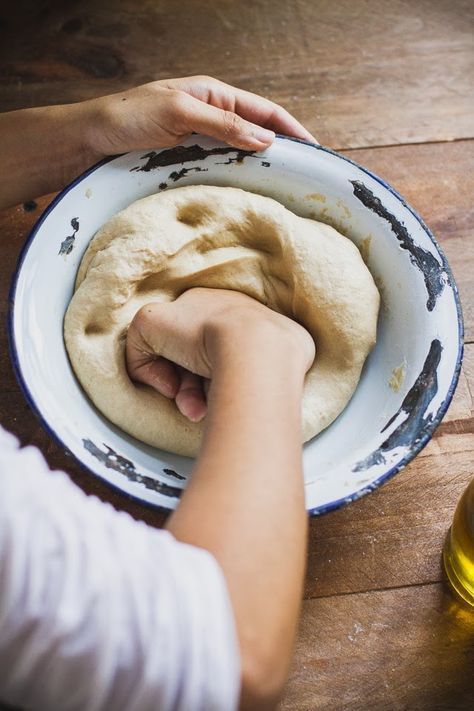
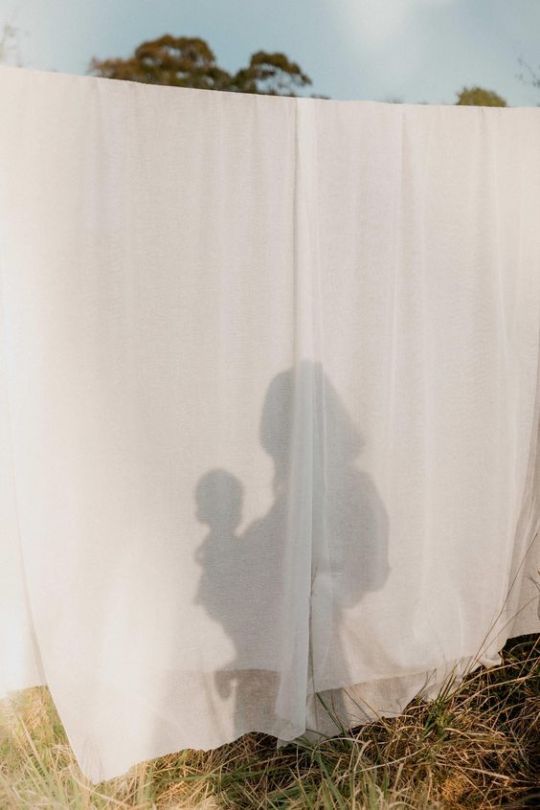

807 notes
·
View notes
Text
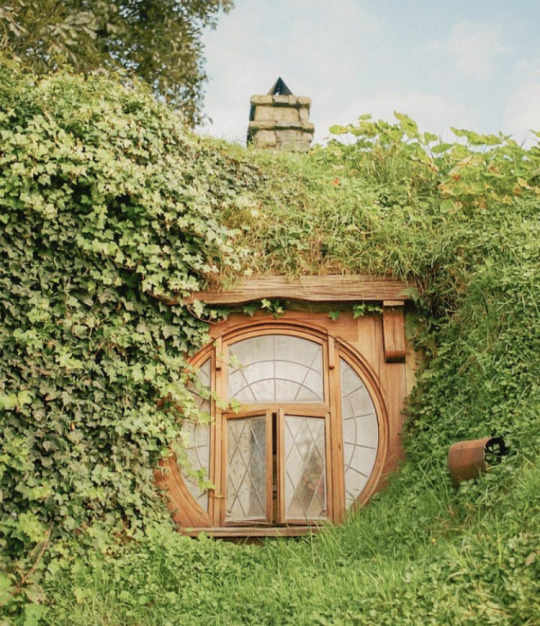
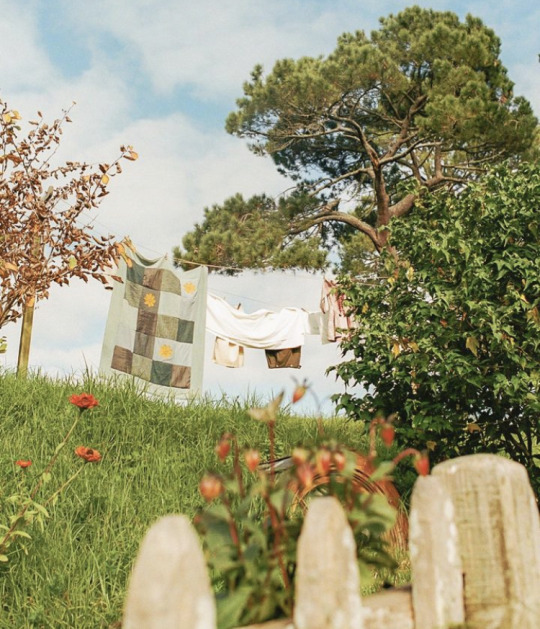
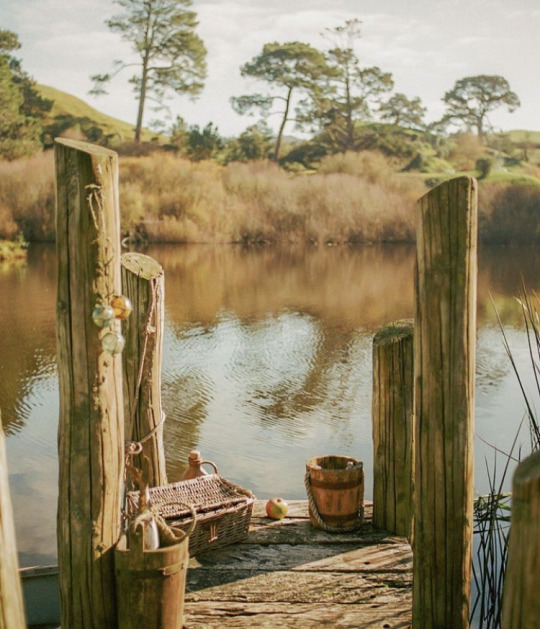
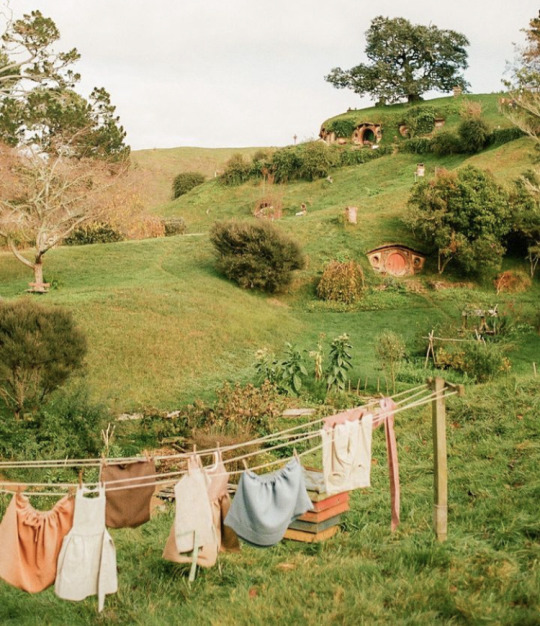
ig: ceci.film
#wooow#cottagecore#nature#naturecore#flowers#flowercore#warmcore#photography#cozycore#cosycore#hobbiton#the hobbit#hobbit house#cottage aesthetic#ohhh this is out of this world !!#laundry#homesteading#farmcore#grandmacore#fairytale
3K notes
·
View notes
Text
Anti capitalistic methods of self reliance!
Everyday items:
Plastic bags can be replaced by cloth bags you can sew, without any prior knowledge of sewing, from any old shirt you were going to throw away
Toilet paper can partly or completely be replaced by 'Family cloth', which is a series of cloth napkins cut to the size you like, which are then washed after each use! There's no risk of disease if only used for number one, for number two they need to be submerged into peroxide liquid in order to be safely cleaned. Even if you only use them for number one to stay safe, being reusable and costing nothing they will save you a lot in not having to buy toilet paper
Paper towels can be replaced by little cut-out cloths you can easily wash after use, or a simple kitchen and bathroom cloth for cleaning
Paper tissues have originally been handkerchiefs, washable and reusable, zero waste option (and they can be very pretty too!)
Laundry detergent can be replaced by horse chestnuts, or conkers! If cut open and submerged in water, they will produce soapy water, which is equally good at cleaning as your laundry detergent, completely environmentally friendly and free if you foraged the chestnuts. They can be collected and dried to use for the entire year, and you can tie them up in a sock to put in your washing machine.
Cleaning products can be replaced by vinegar, and if you hate the smell you can change it by infusing citrus peels in it! It will smell like oranges and lemons after you leave them in there for a few weeks
Cleaning products can also be self-made, by fermenting food scraps, it's called 'enzyme cleaner' and it can clean most of things in a completely environmentally friendly way!
Shampoo can be self-made, or replaced with options like herbal teas, which will also ensure that your hair no longer gets greasy, as grease is the result of using shampoo
Menstrual pads can be sown from any discarded pieces of cloth, they only need to be submerged in cold water after use in order for blood to wash out. Additionally you can make washable menstrual panties, which make sure your pads don't move in there!
Simple medicine for aches like stomach cramps, headaches, anxiety, sore throat can be found in the basic knowledge of herbalism, and simply making teas from herbs that soothe these issues. They will not be able to cure a heavy disease, but are able to provide momentary relief from annoying aches!
Immunity booster syrup can be made out of elderberries, if you're careful about not getting any seeds or stems in!
if you're growing food, you can grow your own dish sponges, and washing sponges, the plant is called 'Loofah' and you can grow a whole lot in one season then use them for years
Reuse plastic items for as long as you can, to lessen the amount being thrown into landfills, and if you need new items, aim to get a not-plastic one
If you have lots of paper trash or newspapers, you can learn to make baskets from it.
Instead of throwing away food scraps, you can try setting up a simple composting bin and also get some valuable free soil, that is great for growing little plants and herbs in it
If you're composting on a big scale, the heat compost produces can be used to heat a room
getting into hobbies like soap making, pottery, woodcarving, sewing, knitting or weaving can also save you a lot of purchasing because you realize you can simply make that thing yourself, and in better quality than it would be available at the store
Saving water and energy:
Accumulating water in a big pot while you're washing dishes, then using that water to water your houseplants is safe, especially if you're not using a lot of detergent, and it saves a lot of water
To save energy when cooking in a pot in the stove, wait until your pot starts boiling, then take it off the stove, and wrap it in a cloth, then a towel, then a blanket, and leave it wrapped up. The layers of cloth are making it difficult for the heat to escape the pot, ensuring it will keep very high temperature for half an hour, cooking as if it was on the stove. If it needs to cook longer, you can just put in on the stove for a minute to get it back to boil. You can cook pasta, rice, beans, potatoes, soups, stews, risotto, pretty much anything with long cooking time like this.
If your water boiler is big, you don't need to leave it on at all times, I've reduced my electricity bills by a lot by turning it on only when I intend to use the hot water. In the summer, if you have access to a natural body of water, use that for washing!
If you own a property, watch where the water is naturally going and accumulating; you can collec t this water and set up a system to use it for gardening/any outdoor use
if you're building a structure, making sure that the sun hits the windows in the winter, and that the place is protected from the wind by growing trees as a wind shield, will save loads of energy in heating and cooling it, as well as making sure the structure is well insulated
Heat/cool only the parts of the structure/house that you're using, making it both environmentally friendly and ensuring you don't have a too big temperature difference when you go outside, making you healthier
Try an experiment were you go a day without electricity and see what you can use as alternative in this situation; it's okay if you fail, it will provide you with knowledge of how dependant you are on the energy, and the ideas of what you can possibly do when without!
Clothing:
If sewing clothing from scratch is something that appeals to you, that is ideal for self-reliance! It is likely that after just a bit of practice, you'll be able to sew more quality items than are sold, because current fashion items are made to fall apart, and you can make your clothing strong and durable.
Sharing clothing you no longer want to wear, and letting others know they can offer their unwanted pieces to you can provide you not only with practical clothing, but you can use all fabric, buttons, zippers and other materials to sew! You can, again with minimal practice and even by hand-sewing, make your own bags, tablecloths, placemats, pillows, blankets, decorations, hats and scarfs
Visible mending, embroidering, adding details or creating your own little alterations on clothing will not only provide a sense of accomplishment, but enrich your life in the way of skill development and being able to make and mend things with little resources
Learning about history of textiles and what fast fashion is doing to the environment provides appreciation and love for sewing and creating textiles, and could inspire you to try and see how it feels to do!
Any piece of clothing that is no longer fit to be remade into something new, can still be cut into pieces and used for cleaning, as a paper towel replacement, for wiping the floor or wiping your shoes, and if it's soft, for pillow filling!
For extra clothing or furniture, you can join online groups named 'buy nothing' and 'sharing is caring', where people will often gift extra clothes and furniture for free, sometime appliances and electronics too
Food:
If any outside space is available, learning to garden is an excellent investment in food security
Seeds can be harvested from plants you already have, gifted from neighbour or friend gardeners, and some can even be taken out of store-bought produce
Soil can be taken from the forest ground which has composted leaves as topsoil, dig under a tree for best results
If no outside space is availabe, dwarf plants, herbs, and greens can be grown in containers, clean your air while they also provide food
Learning to forage for wild edible plants will provide both entertainment and free food! Any wild plant you find is likely to be more rich in nutrients than a cultivated plant, making your diet well rounded and healthy
Learning to grow trees and care for them will provide free food not only for you, but for generations to come, as well as offset the damage from the climate change. Knowing how trees work and how to prune and nourish them is powerful knowledge.
Preserving food:
Ways of preserving your food long-term are curing (for onions, potatoes, garlic, pumpkins), canning (tomatoes, peppers, fruit), fermenting (cabbage, hot peppers, turnips), dehydrating and sun-drying (tomatoes, fruit, herbs, hot peppers, mushrooms)
Growing and collecting food during warm months and then saving them for winter was done by people for centuries and it provides a safe and reliable access to food all year round
Buying cheap produce when it's in-season and preserving it can save you a lot of money and bring you far in self-reliance
Making your own recipes and then getting to eat them later in the season bring a sense of accomplishment and pride, as well as providing a zero waste food option
Cooking food from scratch is made easier by having some of your food preserved, because a lot of the time you've already prepaired most of your ingredients, and only have to place them in the pot
If you already know to make your own bread, you can also try making your own yeast, by mixing flour and water, and letting it ferment while adding more flour and water every day. It can last forever.
If you're interested in knowing more about gardening, herbalism, tree care, and foraging, check the 'Homesteading Survival Knowledge' masterlist, filled with links on these specific topics!
These are not ideas that anyone should quickly or immediately integrate in their life; instead, trying whatever seems interesting and appealing, slowly learning about it and trying one thing at the time is more encouraging and sustainable! I myself have spent years learning and integrating these, enabling me to feel happy and confident doing any and all of this. If this is overwhelming, pick whatever feels appealing and do only that! Forget the rest until it feels easy and fun thing to try out.
#anti capitalism#homesteading#self reliance#permaculture#alternatives to capitalism#growing food#environment#zero waste
435 notes
·
View notes
Text
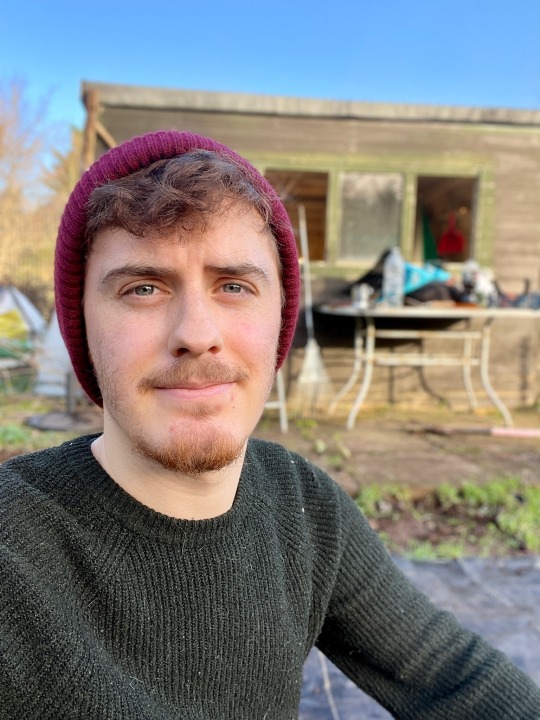
Spent the morning getting the ground ready for planting
388 notes
·
View notes
Text
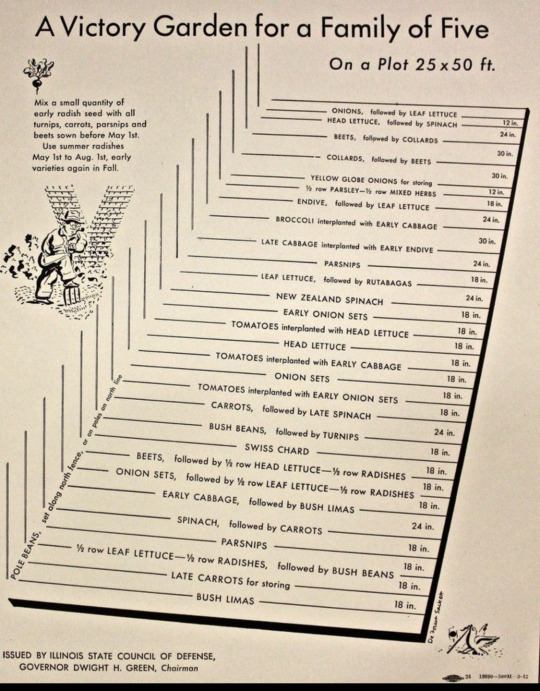
Bring back the victory gardens ✌️
#victory garden#garden#self sustinable#self sufficiency#urban homesteading#homesteading#gardening#vegetable gardening
917 notes
·
View notes
Text
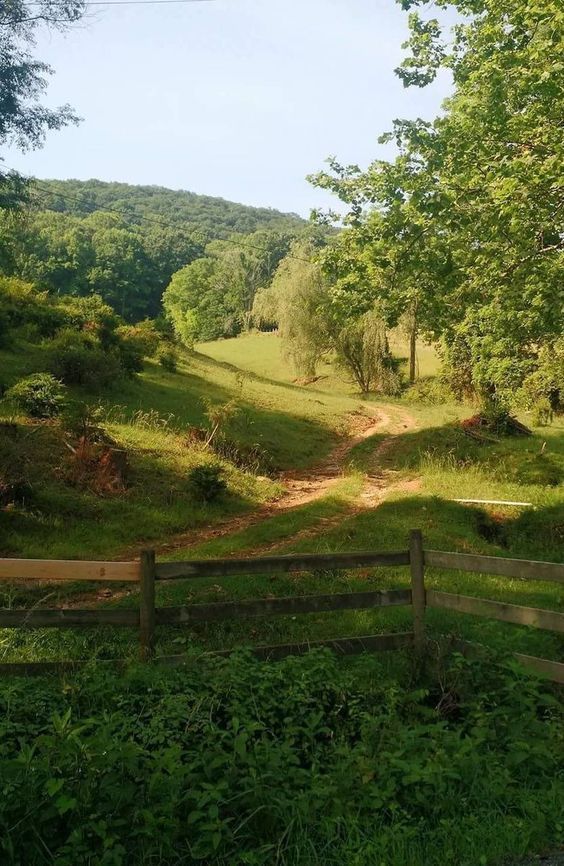
#cottagecore#nature#country#cottage#fruit#countrycore#rural#summer#farm#simple life#countryside#fence#country side#homesteading
396 notes
·
View notes
Text
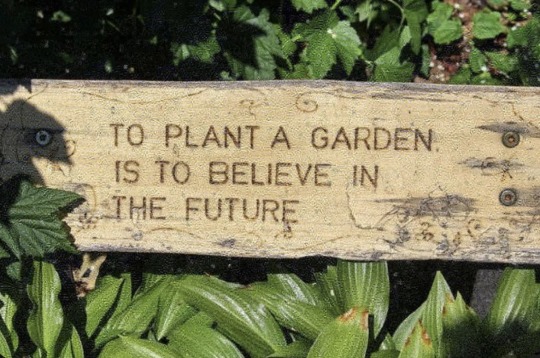
via pinterest
583 notes
·
View notes
Text
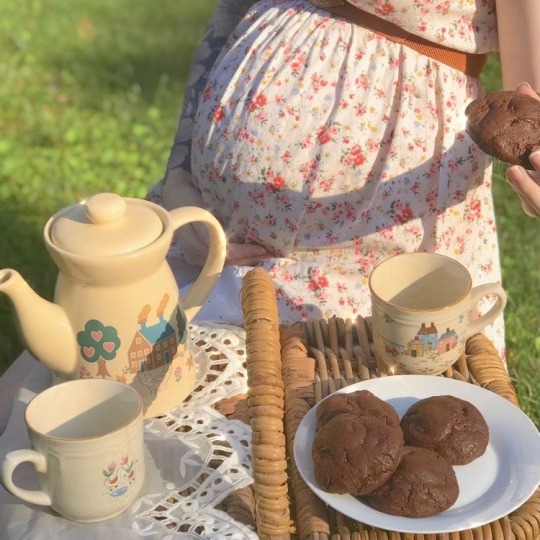

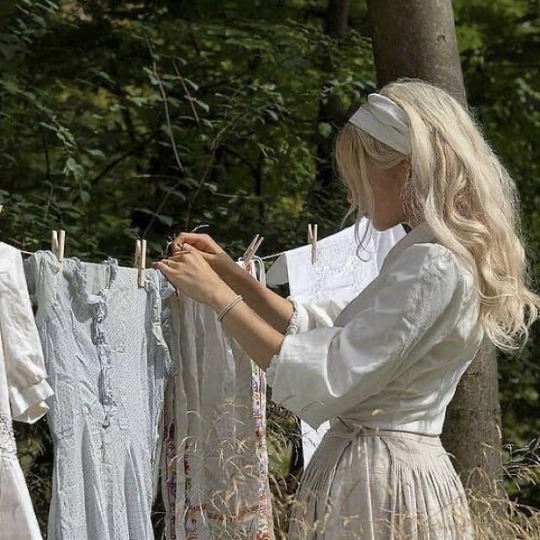


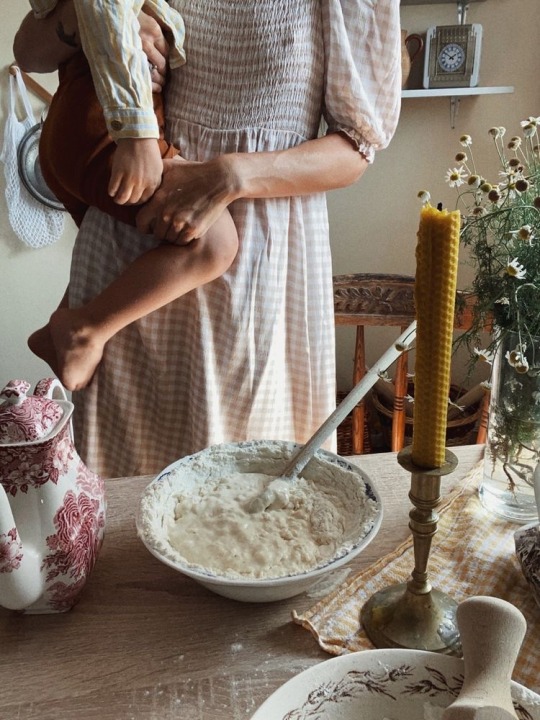
oh, how I love being a woman 💕🧺
#christian living#tradblr#tradwife#traditional living#traditional wife#christian girl#traditional femininity#traditional gender roles#homesteading#traditionalism
783 notes
·
View notes
Text
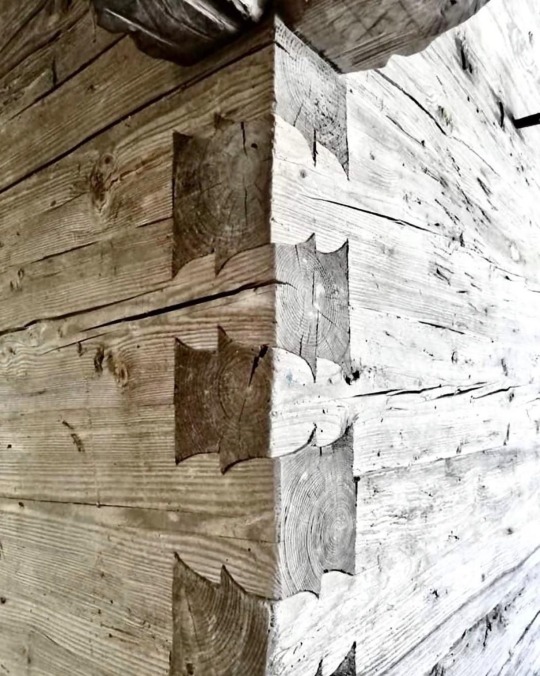
307 notes
·
View notes